GREEN BAY, Wisc—Voters in Wisconsin’s April 2 primary have made up their minds on two election measures introduced and championed by Republicans in the state and former President Donald J. Trump.
Wisconsinites chose yes on a measure restricting private money from entering elections—a concern of many GOP voters and elected officials after the 2020 presidential election, which saw significant donations from tech billionaire Facebook founder Mark Zuckerberg in and beyond the state. Conservatives often refer to the liberal donor’s contributions as “Zuckerbucks.”
Specifically, the proposal would alter the constitution “to provide that private donations and grants may not be applied for, accepted, expended, or used in connection with the conduct of any primary, election, or referendum.”
Voters chose yes on a related measure limiting selection of election staff on primaries, referenda, and elections to “only election officials designated by law.”
President Trump asked his supporters to vote yes on both at his April 2 Green Bay rally, which followed events the same day in Michigan.
The Associated Press called the results for question 2, on election workers, at 8:41 p.m. local time. As of 9:01 p.m., with 45 percent of the votes counted, 56 percent of voters favored the proposal.
It then called the results for question 1, on election funding, at 8:45 p.m. local time. As of 9:02 p.m., with 48 percent of the vote counted, 53.2 percent of the vote was in favor of the proposal.
The concern ahead of November’s election stems in part from the widespread use of private out-of-state money during the 2020 presidential contest, particularly money from Facebook billionaire Mark Zuckerberg’s foundation. That organization donated more than $400 million “to supporting election infrastructure” in jurisdictions across the country that year.
An analysis from the Foundation for Government Accountability, a conservative think tank, found that more than $10 million of the Chan Zuckerberg Initiative’s funding went to Wisconsin, a key swing state. The overwhelming majority of that ended up in Milwaukee, Madison, Green Bay, Racine, and Kenosha—the state’s five largest cities.
“These cities have traditionally been considered Democrat strongholds, resulting in more than 80 percent of the state’s Zuckerbucks flowing into heavily concentrated Democrat areas—with Biden winning by an average margin of victory of 37 points,” the foundation wrote.
The National Conference on State Legislatures, a non-partisan organization, notes that private funding in elections is now restricted in various ways across 27 U.S. states, largely due to concerns after the 2020 election.
Advocates of the referenda included Rep. Tom Tiffany (R-Wis.), who spoke at President Trump’s rally in Green Bay, as well as Sen. Ron Johnson (R-Wis.), who also joined President Trump there.
“These basically will ban Zuckerbucks. We need to do that,” Mr. Johnson said in a video message on X, formerly Twitter, instructing voters on how to cast their ballots.
Democrats in Wisconsin have generally opposed the referenda. Those oppponents include State Sen. Mark Spreitzer, who represents the 15th District.
“They [the questions] stem from conspiracy theories around the 2020 election,” the lawmaker said in a thread on X explaining his position.
“The fact is, [Wisconsin] hasn’t done enough to cover local governments’ election costs—so stopping clerks from receiving grants or donations will have a big negative impact,” he continued.
At the Green Bay Trump rally, attendees voiced support for the proposals.
Steven Levine, a Navy veteran from Florence, Wisconsin, who was standing with several other men involved in Wisconsin Veterans of Foreign Wars (VFW) chapters, didn’t vote in the primary.
“I would have voted yes for both of those,” he told The Epoch Times of the constitutional amendments. “I feel terrible about that, that I did not get out there and vote. There’s no excuse.”
Richard Verheyen, a veteran from Denmark, Wisconsin, dismissed Democrats’ opposition to the amendments on the basis that elections would be underfunded without private money.
“That’s B.S.,” he told The Epoch Times. “All the people with money, they can put who they want in office.”
“Look at our national budget, how much money we are giving away to other nations. The U.S. should fund its own elections. We don’t need billionaires to do that. That’s why we pay our taxes,” Jose Diaz, a Trump supporter from Green Bay, Wisconsin, told The Epoch Times.
He voted yes on both measures, as did an attendee standing near him, Jeff McDonald from Oconto Falls, Wisconsin.



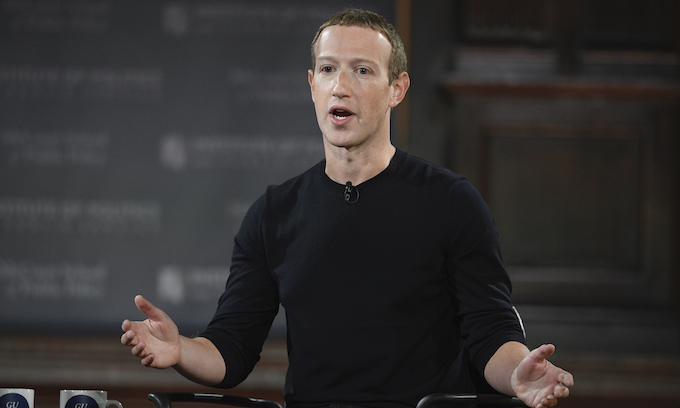
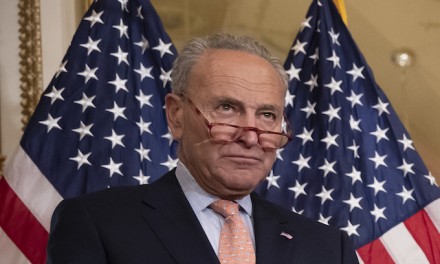

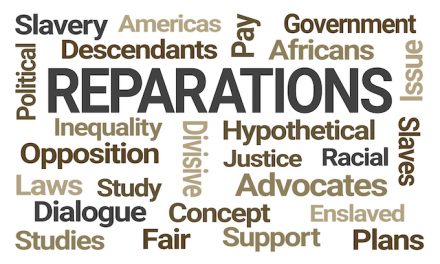









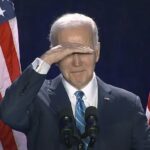
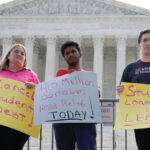

“Look at our national budget, how much money we are giving away to other nations. The U.S. should fund its own elections. We don’t need billionaires to do that. That’s why we pay our taxes,” Jose Diaz, a Trump supporter from Green Bay, Wisconsin, told The Epoch Times.
The treasonous, destructive, dishonest Democrat Party will do anything to access power and retain it by any means available –
No matter the costs to the people, the government, or the nation.
If they’re not stealing elections, they’re buying them.
“Wisconsinites chose yes on a measure restricting private money from entering elections”,,,,,,,but who cares? Since when did Democrats EVER buy ANYTHING that was done with their own private money, but that which was government redistributed from others in major pork hidden within mega size government funding bills that finance their party re-elections, when they can so easily create venues that use the money of THE PEOPLE to steal elections from THE PEOPLE? Have you had your Student Loans forgiven yet? How about your next Enron, or Sam Bankman FTX bitcoin scandal that funded the Democrats in the last two elections. Maybe the Republicans should join hands with the Vegas Mafia, the real people who control Nevada? Sometimes in order to defeat the enemy you have to temporarily put on the face of the enemy so it is he, not you, who ends up getting the political election enema, where excrement like Zuckerberg ends up wiping the Republican slate clean.
WIth all the big pacs out there, WHY ARE THEY even discussing ‘restricting private’ donations. HOW’s about GUT ALL PACS first.
This is a small step toward election integrity, but we have a long way to go if we’re going to stop a repeat of the corrupt 2020 election.